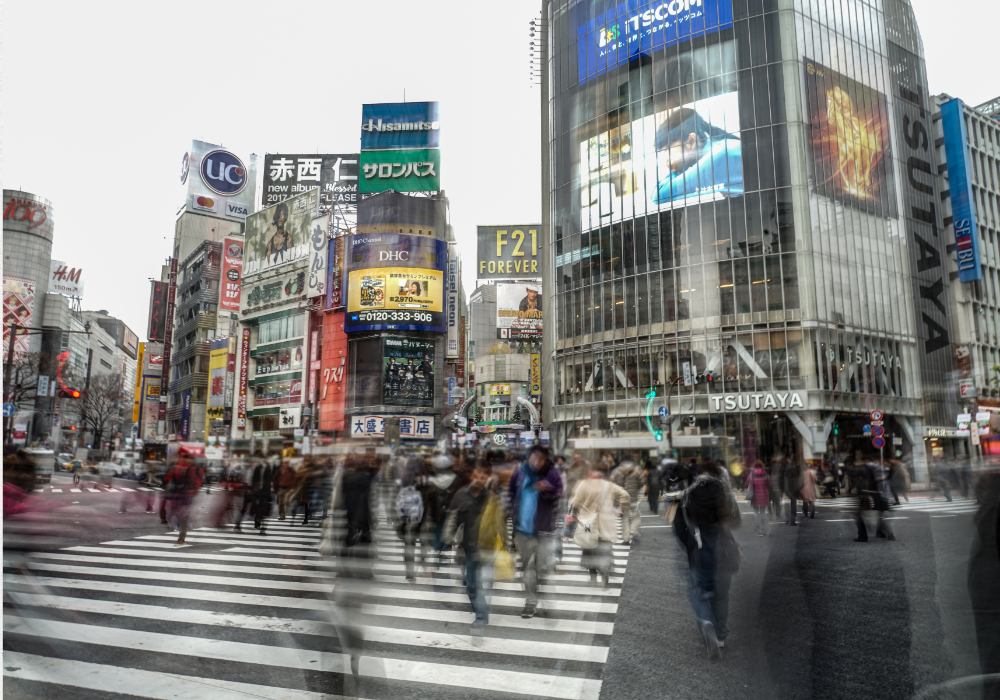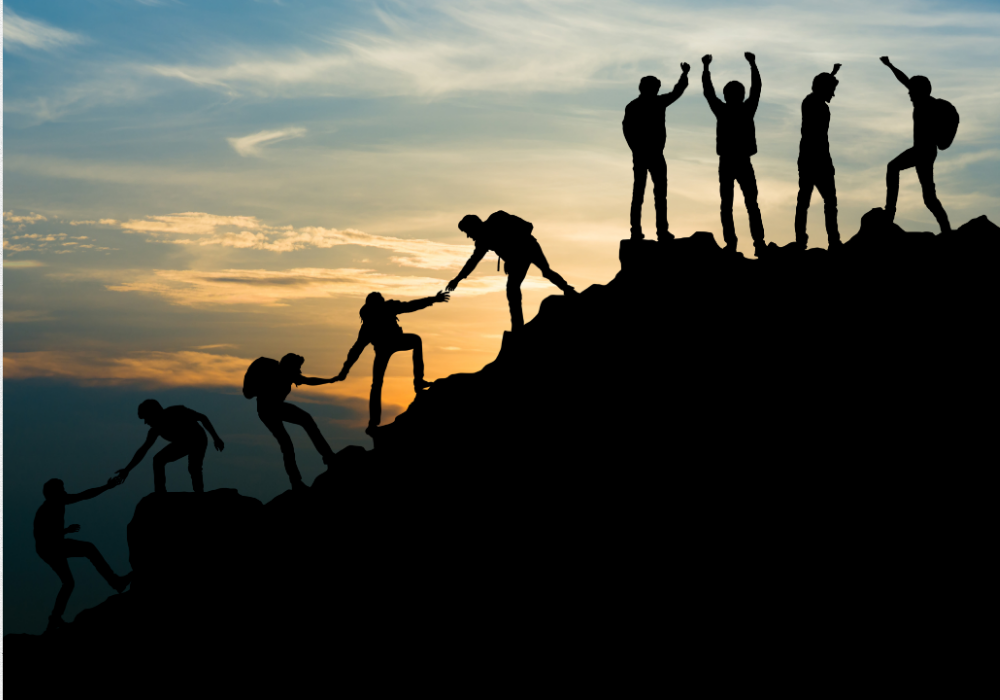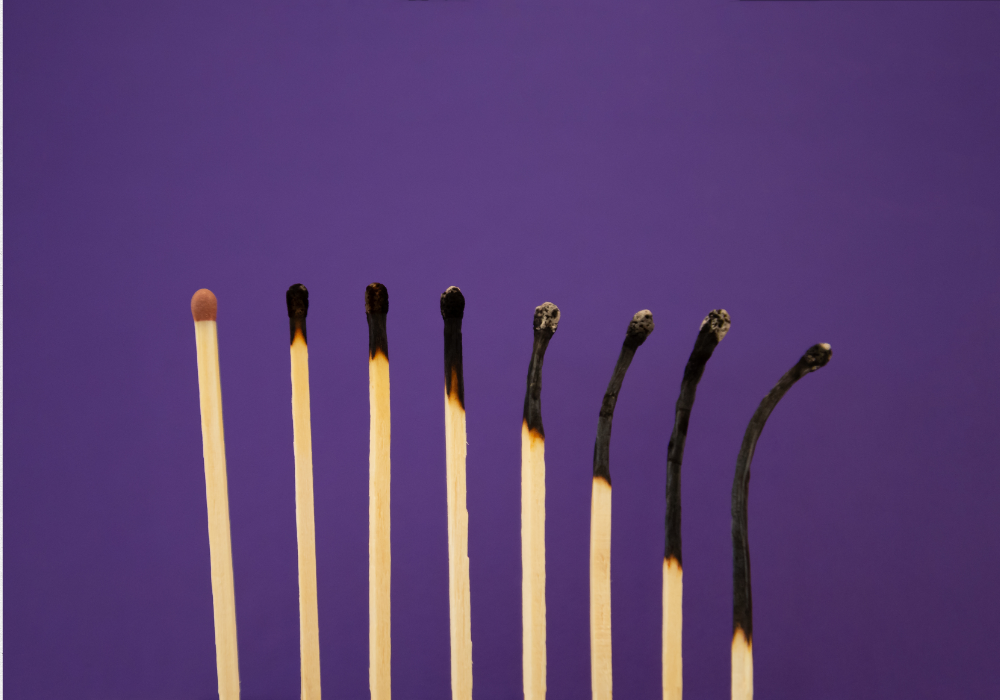This system was never designed to let you feel like enough.

Feeling tired, unmotivated, or like you’re somehow falling behind? That’s not a character flaw. That’s a feature of the system. Capitalism doesn’t just demand work—it builds an identity around it. Rest is framed as laziness, stillness as failure, and burnout as some kind of personal weakness. Productivity is rewarded not just with paychecks, but with praise. And slowly, without even noticing, people start to believe their value comes from how much they can get done.
This isn’t about individual failure—it’s about cultural conditioning. The world isn’t built to support rest, balance, or boundaries. It’s built to keep people striving, spending, and self-correcting any time they slow down. Laziness was never the issue. It’s just what the system calls anyone who dares to pause. These twelve truths pull the curtain back on a structure that profits when people forget they were never meant to operate like machines.
1. Hustling became a personality and suddenly no one could rest.

Work used to be something people did to survive. Now it’s something they’re expected to build their identity around. The moment productivity became a measurement of character, rest started to feel suspicious.
Finishing a to-do list turned into proof of being a “good” person, and downtime became something to earn—never just something to have. According to Cal Newport for The New Yorker, the shift towards prioritizing productivity in modern culture has led to burnout and stress, with people increasingly equating personal worth with work output.
This system doesn’t just reward results. It assigns morality to them. If someone’s tired, they must not be working hard enough. If they take a break, they must be falling behind. Productivity isn’t inherently bad, but when it becomes a personality test, it turns real humans into self-doubting machines.
2. Rest turned into guilt because someone had profits to make.

It’s not a coincidence that phrases like “lazy,” “unmotivated,” or “wasting time” often show up when someone chooses rest. As Repose Lifestyle explains, society often equates busyness with virtue, viewing rest as laziness and overworking as dedication, which is reinforced by marketing strategies that suggest taking breaks is a sign of weakness. The culture has been trained to view stillness as weakness, even though it’s necessary for survival. That’s not an accident. It’s marketing. Convince people that rest equals failure, and they’ll keep working past their limits just to prove they’re not falling behind.
Taking a break doesn’t mean something’s wrong. It means the body and mind are functioning exactly as they should. When the system depends on constant output, rest becomes an act of resistance. Not because it’s loud—but because it says, “I don’t exist to produce nonstop.”
3. Success became a finish line that keeps sprinting ahead.

There’s a script for what success is supposed to look like: constant growth, endless energy, and a career that doubles as a personal brand. Anything less feels like settling. That script doesn’t leave room for nuance. It doesn’t account for people who move slower, take detours, or don’t want to spend their lives climbing a ladder they didn’t choose.
Capitalism doesn’t like contentment—it needs dissatisfaction to keep going. If people ever felt truly “enough,” they might stop buying, striving, or chasing more. Per Kori Linn, capitalism is designed to keep individuals feeling inadequate about various aspects of their lives, thereby driving continuous purchasing and overworking. That’s why success stays just out of reach. Not because people aren’t working hard, but because the finish line keeps moving.
4. Burnout became a lifestyle with a cute coffee mug.

Somehow it became normal to live with constant fatigue, brain fog, and stress. Burnout isn’t rare—it’s expected. People are told to “push through,” “grind harder,” or “get more disciplined,” as if exhaustion is just a mindset problem. But when the baseline expectation is superhuman output, burnout is inevitable.
Instead of questioning the system that creates this exhaustion, people internalize the blame. They think they’re the problem. But burnout isn’t a personal failure. It’s a red flag waving at full speed. When everyone is tired, it’s not laziness—it’s a system that’s been running on fumes for far too long.
5. Being busy became a badge of honor no one actually wanted.

Busyness turned into social currency. If someone says they’re overwhelmed, it’s often met with admiration, not concern. “So busy” became shorthand for importance, and the pressure to stay in motion never lets up.
But most of that hustle is driven by fear—of being seen as lazy, of being replaceable, of not doing enough to matter. Constant motion isn’t always progress. Half the time, it’s just people running in circles trying to outrun the feeling that rest equals failure.
When exhaustion gets praised and slowness gets judged, even a peaceful afternoon feels like slacking off. The calendar stays full, but meaning gets left behind.
6. Self-worth got tied to output and now no one feels enough.

When worth gets measured in deadlines met and boxes checked, it’s no wonder people feel worthless when they stop producing. This system doesn’t leave space for simply existing. Every pause feels like falling behind. Every slow season reads like failure. And every need for rest becomes a threat to self-esteem.
The lie isn’t just that more is better—it’s that more is what makes someone valuable. But worth has nothing to do with productivity. It was never supposed to. Feeling like a failure for slowing down isn’t a personal issue. It’s a system working exactly as intended: keeping people running just fast enough to never question the track.
7. Self-care got monetized and sold back as another chore.

Capitalism saw people burning out and did what it always does—turned the solution into a shopping list. Now self-care means expensive skincare, color-coded planners, and “treat yourself” spa days that cost half a paycheck.
The original idea—nourishment, boundaries, rest—got buried under products, hashtags, and things to add to a routine. When taking care of yourself becomes just another thing to optimize, the burnout loop stays unbroken.
It’s no longer about feeling better—it’s about performing wellness well enough to be palatable. Real care isn’t always marketable. Sometimes it looks like saying no, taking a nap, or logging off completely.
8. Time off became something to apologize for instead of enjoy.

Vacation days get stockpiled like emergency rations. Sick days get worked through with a laptop in bed. Time off isn’t treated like a right—it’s seen as a luxury, a disruption, something to “make up for” later. Even when people do rest, it comes with a side of guilt and a flood of unread emails waiting on the other side.
This culture doesn’t respect boundaries. It rewards availability, responsiveness, and the people who never disconnect. So the idea of taking a full day—let alone a week—without checking in feels radical. But rest without guilt isn’t laziness. It’s basic humanity. And it’s long overdue.
9. Dream jobs became traps dressed up as passion.

Loving what you do is great—until it becomes a reason to work for less, accept burnout, and blur every boundary. The dream job narrative convinces people that if they’re passionate, they shouldn’t care about things like hours, benefits, or fair pay. Work stops being work and starts being an identity. It’s no longer a job—it’s “who you are.”
That story benefits employers far more than employees. It asks for more and more under the guise of meaning. And when the dream sours, people blame themselves instead of the system that took their passion and turned it into unpaid overtime. No job, no matter how cool, is worth a constant state of depletion.
10. Side hustles became survival plans instead of creative outlets.

What used to be hobbies—art, writing, baking, crafting—got rebranded as side hustles. The pressure to monetize every interest turned leisure into labor. If something’s fun, it needs a business plan. If there’s free time, it should be optimized. This isn’t empowerment—it’s economic anxiety wearing a productivity hat.
For many people, side hustles aren’t optional—they’re rent. But the culture glorifies the grind, ignoring how unsustainable it is. Not every passion needs a profit margin. Not every weekend needs a spreadsheet. Rest and creativity without a financial agenda are not wasted time—they’re an act of reclaiming it.
11. Survival became expensive and rest became a luxury.

Capitalism doesn’t just make people work hard—it makes them work hard just to stand still. Wages don’t stretch, healthcare is a gamble, housing is a crisis, and the basics cost more than ever. In this context, rest isn’t just rare—it’s unaffordable. And when surviving takes everything, anything that looks like rest gets labeled as indulgent.
But exhaustion isn’t a lifestyle choice—it’s a survival response. The system keeps people tired enough to not fight back and stretched thin enough to not slow down. Calling that laziness isn’t just wrong—it’s cruel. Rest isn’t a luxury. It’s a need. And it’s being denied on purpose.
12. Shame became the quiet engine keeping the whole thing running.

Under all the hustle, guilt, and burnout is something quieter: shame. Shame for not doing enough. Shame for resting. Shame for not being further along, faster, better. This isn’t an accident—it’s how the system sustains itself. If people believe their worth is earned, not inherent, they’ll keep grinding to prove they deserve to exist.
But worth doesn’t need to be earned. And exhaustion isn’t noble. Shame thrives in silence, and naming it breaks its hold. The truth is simple and radical: being tired doesn’t mean being lazy. It means being human in a system that benefits when people forget that.